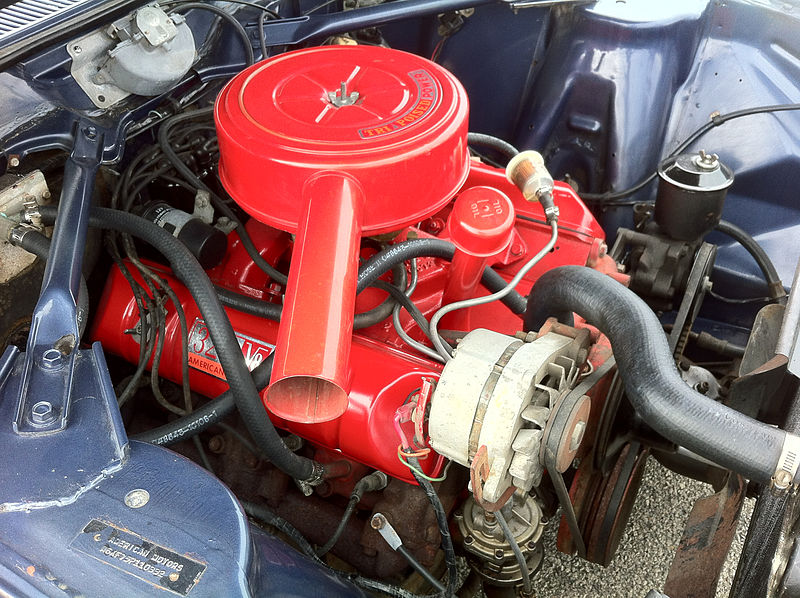An alternator is a device used to convert mechanical energy into electrical energy. It is most commonly found in motor vehicles, where it is used to generate electricity for charging the battery and powering the electrical system. The alternator works by using a rotating magnetic field to induce an alternating current in the stator winding. This current is then rectified and regulated to produce a direct current. The benefits of a flywheel alternator include the ability to produce higher power, improved efficiency, and increased longevity. Additionally, flywheel alternators are more compact and weigh less than traditional alternators, making them ideal for use in applications where space is limited.
Alternator Works:
A Flywheel alternator typically consists of a rotating magnet (the rotor) and a stationary set of coils (the stator). As the rotor turns, it creates a magnetic field that induction produces AC current in the stator coils. The current is then rectified (converted from AC to DC) by a set of diodes, and the DC current is used to power the load. The alternator is connected to the engine via a belt, which is driven by the crankshaft. The alternator is governed by an internal voltage regulator, which is typically integrated into the rectifier diodes. The voltage regulator is designed to maintain a consistent voltage level across the alternator’s output terminals, regardless of the load or engine speed.
Benefits of a Flywheel Alternator:
A flywheel alternator has several advantages over a conventional alternator.
- A flywheel alternator is more efficient than a conventional alternator because it uses the kinetic energy of the rotating flywheel to generate electricity, rather than relying on the engine to provide power to turn the alternator. This can result in significant fuel savings, as well as reduced wear and tear on the engine. They are also more reliable than traditional alternators, as the flywheel acts as a buffer, providing power even when the engine is not running. This makes them ideal for applications where the engine needs to be shut down frequently, as the flywheel will ensure that energy is still being generated.
- It can provide power even when the engine is not running, making it an ideal power source for applications such as emergency lighting or backup power. It can also be used to charge batteries, providing a reliable source of power, even when the engine is not running. This makes it an ideal choice for applications such as boats, RVs, and other vehicles that may be in remote locations and not always have access to a generator or other power source.
- A flywheel alternator is also more durable than a conventional alternator, as it does not have any moving parts that can wear out over time. It also has a much higher power output than traditional alternators, making them a great choice for applications requiring high power output. The high-power output also makes it a great choice for applications that involve long-term energy storage, such as long-term solar or wind power systems.
Conclusion:
Alternators are devices that generate alternating current (AC) by means of electromagnetism. Flywheel alternators are more efficient than conventional alternators and can provide power even when the engine is not running.

